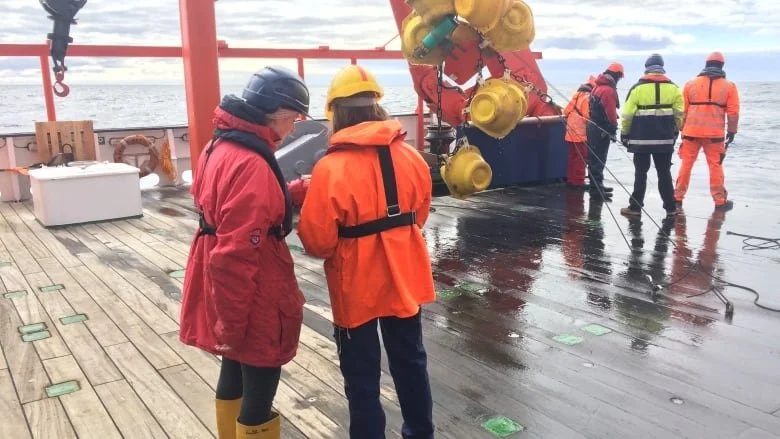Venturing into an unfamiliar section where he did not typically work, Keays saw an illegal device known in the industry as a “magic pipe.” From his marine studies in Glasgow, Scotland, Keays knew exactly what he was looking at. Several feet long, the pipe stretched from a nozzle on a carbon filter pump to a water tank. Its magic trick? Making the ship’s used oil and other nasty liquids disappear. Rather than storing the highly toxic effluent and unloading it at port, as the ship was legally required to do, the pipe was secretly flushing the waste into the ocean, saving the ship’s owner, Carnival Corporation, millions of dollars in disposal fees and port delays. Keays used his cellphone to take shaky video and pictures of the pipe, as well as photographs of the engine-room computer screen that showed how discharges were being manipulated.
The Labrador Sea keeps the world's oceans alive. Scientists are now closer to understanding how
Canadian and German scientists say they have measured the flow of oxygen in and out of the deep ocean in the Labrador Sea for the first time, providing new insight into what has been called "a lung of the ocean" that is vital for keeping marine life alive. The Labrador Sea is one of the few places where oxygen from the atmosphere is transferred to the deepest parts of the ocean and distributed throughout the Atlantic and eventually into the Pacific and Indian Oceans.



